Return of Ben Ali funds remains a “paradox”
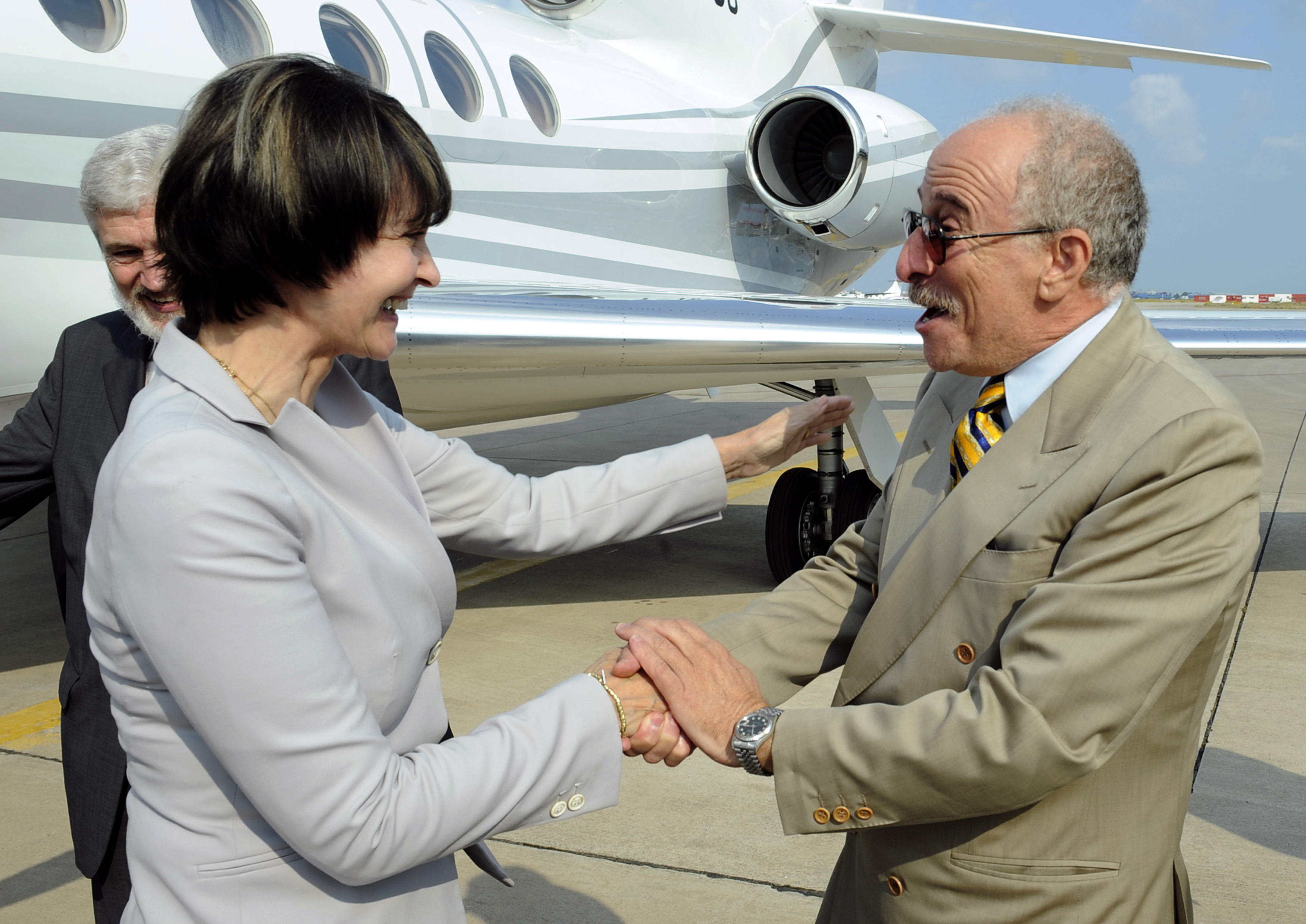
Swiss asset recovery specialists say the possible return of SFr60 million ($67 million) of Tunisian funds frozen in Switzerland is in a paradoxical situation.
On Wednesday Swiss Foreign Minister Micheline Calmy-Rey called on the United Nations Security Council to adopt sanctions: this would allow blocked assets linked to the former Ben Ali regime to be confiscated, which in turn would help speed up their return.
She made the remarks during a speech in Tunis at a European Union-Tunisia Task Force meeting.
Switzerland was the first country to freeze funds belonging to former Tunisian President Zine el-Abidine Ben Ali and his clan after Ben Ali was overthrown in January, but although it says it wants to return these funds as quickly as possible, its hands are tied by its own legislation.
The problem is that Swiss law only allows the frozen money to be confiscated and returned after its source has been declared illicit by a court – in this case a Tunisian one.
If the UN imposed sanctions against the ousted regime, this would change the legal status of the frozen assets.
Olivier Longchamp, a financial expert at the Swiss non-governmental organisation, Berne Declaration, said the legal situation with Tunisia was at a stalemate.
“The situation appears blocked. From Switzerland we can’t see any new elements and we know that the Tunisian enquiry is not progressing,” he told swissinfo.ch.
“In Switzerland it’s not possible to confiscate and return the funds, even if we know that they came from people who adopted very questionable policies and are very probably illicit.”
Inappropriate system
The new Tunisian authorities were quick to submit a request for mutual legal assistance from the Swiss authorities on March 30 in a bid to get the money returned. But they did not supply some important information needed by the Swiss legal system, and Switzerland was force to turn it down.
The Swiss foreign ministry said it was sure that the request would soon be accepted and Calmy-Rey said numerous expert missions had been organised between both countries to try to accelerate the process.
Longchamp criticised the current system, which he said was “inappropriate” for combatting flows of illicit funds, especially from poorer nations.
“Today the Swiss authorities know which bank accounts the Tunisian funds were blocked in,” he said.
“If the aim is to fight corruption, you could imagine them supplying this information to the Tunisian authorities, helping them with the legal request and with the enquiry in Tunisia on the basis of known elements in Switzerland – but they can’t.”
“I think it’s a bit easy for Calmy-Rey to call on the UN saying Swiss hands are tied. We are in quite a special context with the Arab Spring and this blockage; we could have worked slightly more informally and politically, and gone much further than what is possible with the existing legal framework.”
Tunisian complaints
Tunisian NGOs, such the Tunisian Association for Financial Transparency (ATTF), have criticised the Swiss authorities’ slowness and lack of results.
“Little has been done to return these funds to the Tunisian people,” said ATTF President Sami Remadi, who added that the actual amount stashed away in Swiss banks was probably much higher than SFr60 million.
Mark Pieth, an asset recovery expert and chairman of the board of the Basel Institute on Governance, said he understood the NGOs’ anger but felt the ball was very much in the Tunisians’ court.
“Tunisia has to do its job and make an effort to prove that Ben Ali actually stole the assets and they were not obtained legally,” he told swissinfo.ch.
“They are in a trap; they are being treated like any other competent legal system.”
Yet Pieth said the procedure could have been handled differently.
“A much better method would’ve been to push the banks to block money using anti-money laundering tools and then immediately suggest to Switzerland to help Tunisia unilaterally: this is known as “spontaneous assistance”, like the case of former Peruvian spy chief Vladimiro Montesinos.”
Not fair
Remadi complained that Tunisia was being dealt with differently than its neighbour Libya.
“We are second-class citizens and our requests go unanswered. They act differently with us than they do with the Libyans,” he said.
Earlier this month the UN Security Council gave the Swiss authorities the green light to return SFr350 million out of a total of SFr650 million of blocked funds to Libya for humanitarian needs.
In its defence Switzerland said the situation regarding Libya was very different and it was simply applying UN sanctions.
But Pieth said the situation remains paradoxical. The more chaotic a country is, the more likely it is to benefit from new Swiss legislation.
“Libya is in a much more comfortable situation,” he said. “It is much closer to being a failed state so it will get much more help.”
“The new law for the return of dictator assets, used for Haiti, should apply to them, and if money belonging to Gaddafi and his relatives is found here they will get three months to explain why they own it legitimately,” Pieth said.
“It’s possible that among the SFr650 million there is still some that can be attributed to Gaddafi.”
Switzerland froze assets linked to Tunisia’s ousted president, Zine el-Abidine Ben Ali, and about 40 people in his entourage on January 19, less than a week after he was toppled from power. These amount to SFr60 million ($69 million).
In February, Switzerland froze assets belonging to Hosni Mubarak of Egypt and his associates worth SFr400 million. Mubarak’s worth remains a mystery, but claims that he and his sons amassed up to $70 billion helped drive protests that brought him down.
In both cases, the money is frozen for three years. If the illicit origin of the assets is proven within that time, Swiss authorities and Egyptian and/or Tunisian authorities will have to then define a pattern for restitution.
If it cannot be demonstrated within the framework of a criminal law procedure or a mutual legal assistance proceeding, the assets will have to be unfrozen.
If Tunisia or Egypt were to be incapable of successfully undertaking criminal proceedings and if the mutual legal assistance procedure with Switzerland were unable to move forward, the Federal Council could decide to apply the new Act on Restitution of Illicit Assets, which came into force in February.
At the beginning of the Libyan uprising, Switzerland blocked “potentially illegal” assets belonging to Gaddafi and his circle. These totalled SFr650 million belonging to Libyan public companies rather than individuals. In September the UN Security Council gave the Swiss authorities the green light to return SFr350 million of blocked funds for humanitarian needs. Some SFr1.5 million has been released.
Since May sanctions and travel bans have been imposed against 35 senior Syrian officials including President Bashar al-Assad and assets worth SFr45 million frozen.
Switzerland has also frozen SFr70 million in assets belonging to former Ivorian president Laurent Gbagbo and his entourage.

In compliance with the JTI standards
More: SWI swissinfo.ch certified by the Journalism Trust Initiative

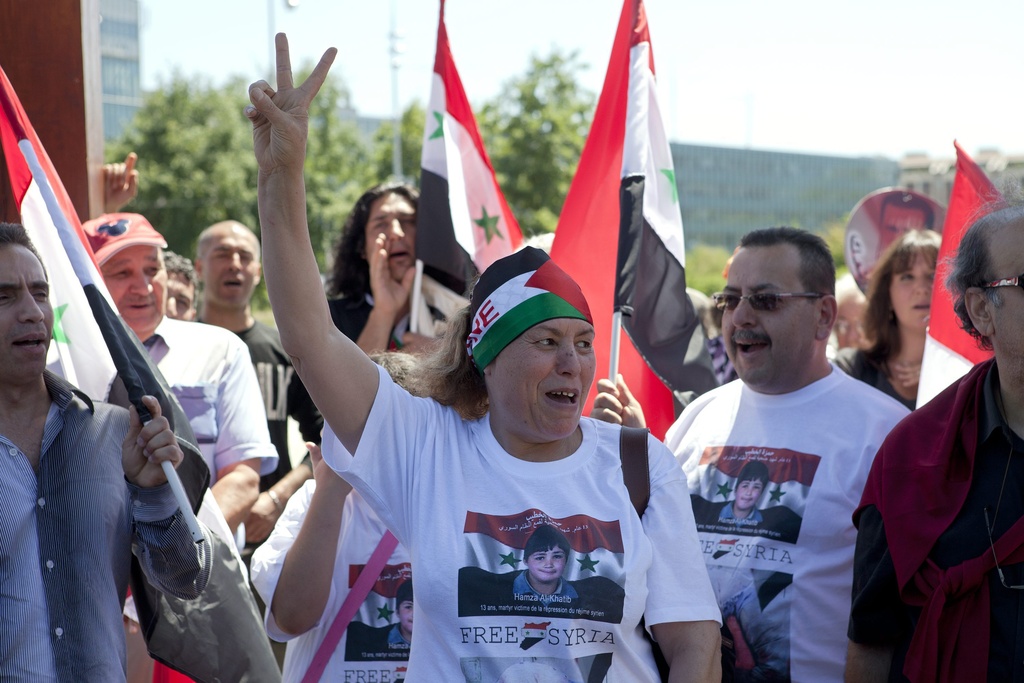
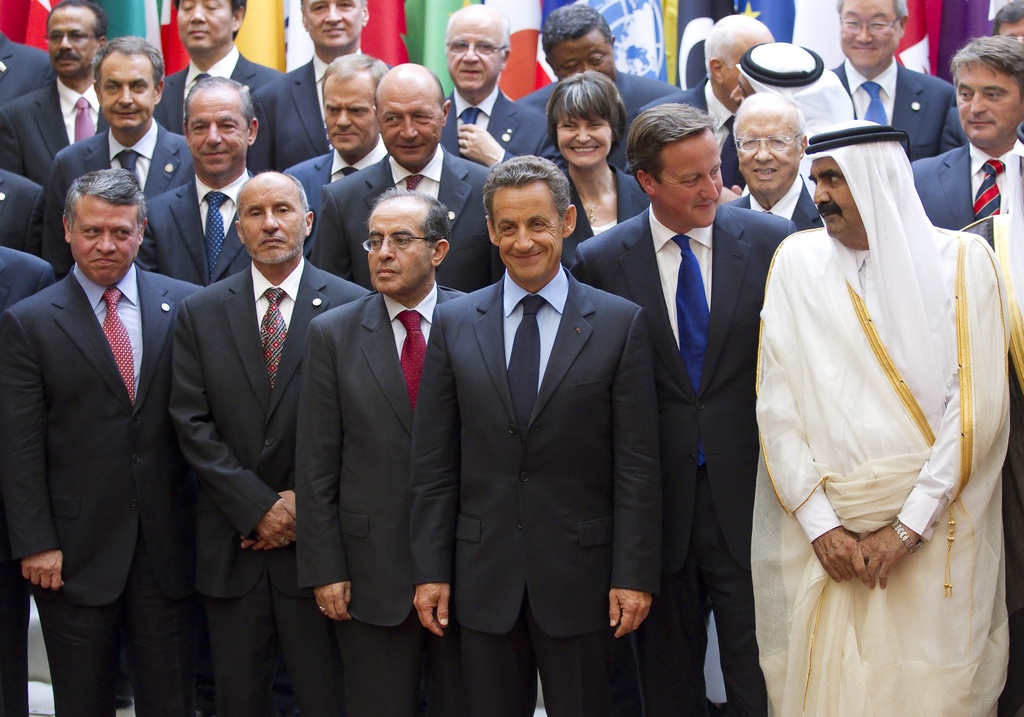
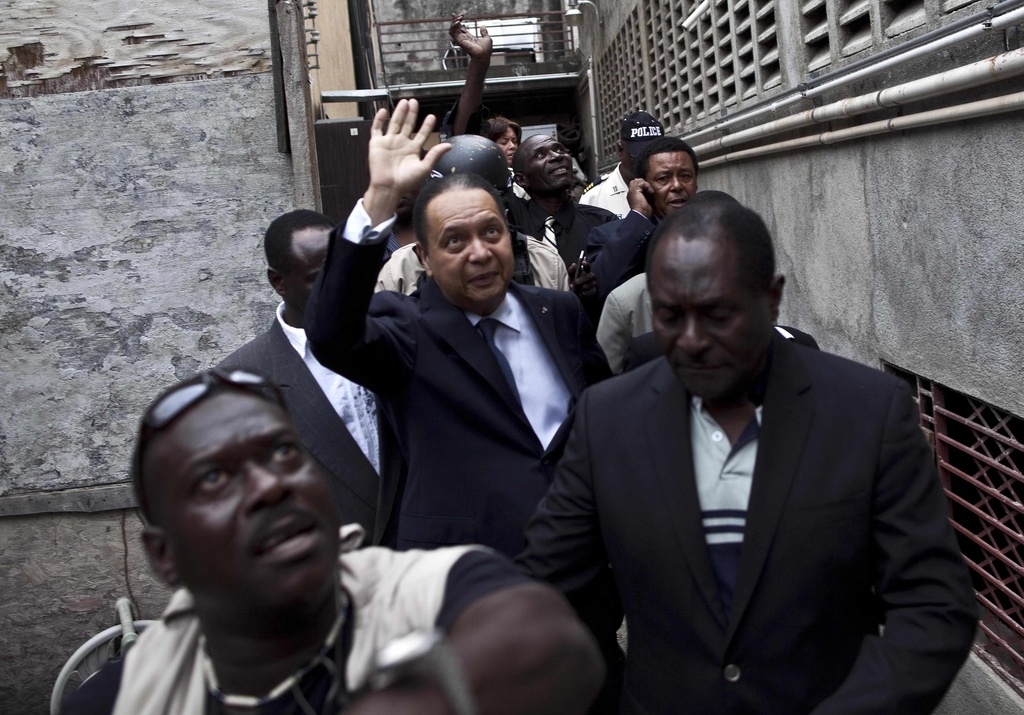
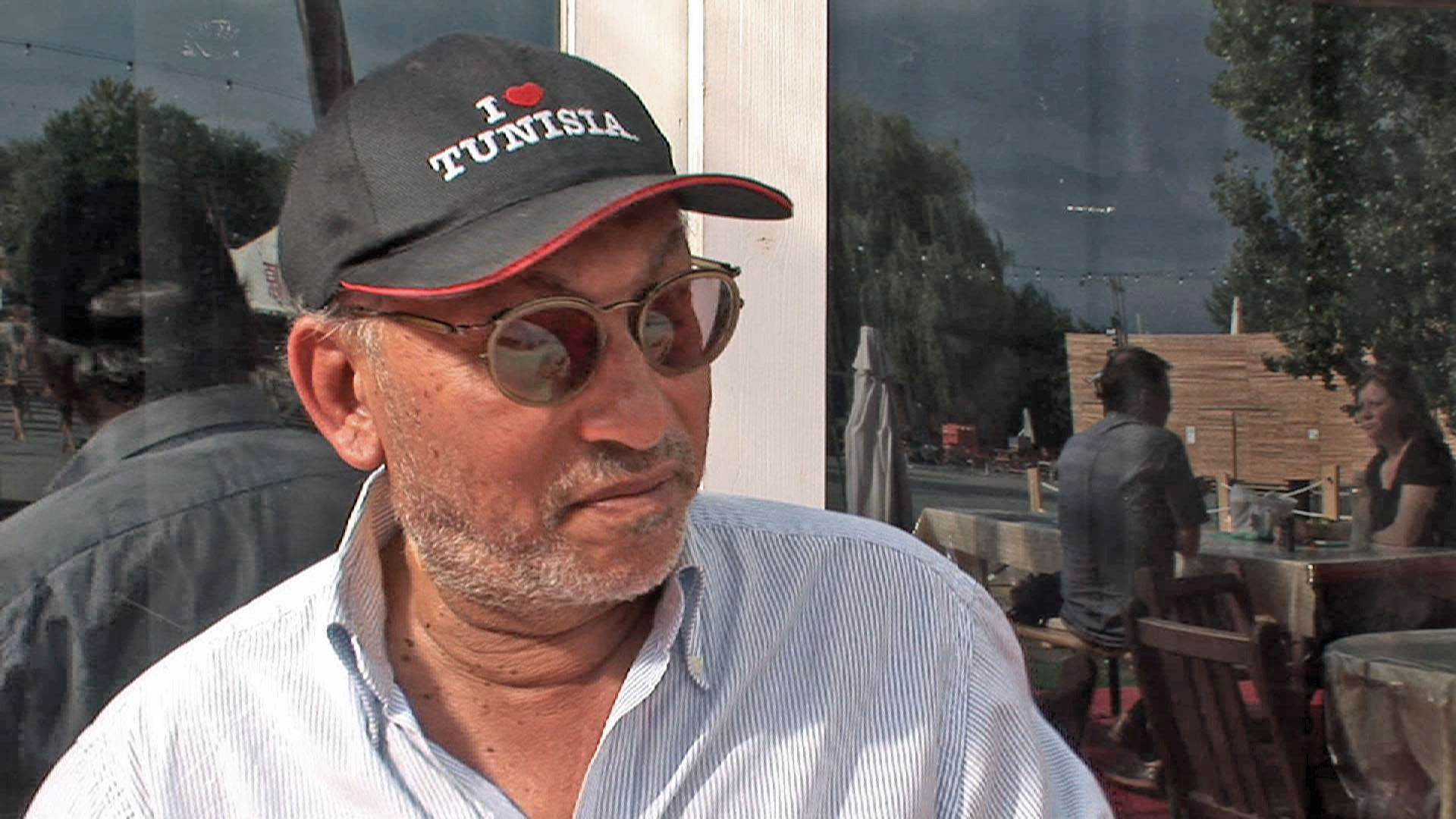
You can find an overview of ongoing debates with our journalists here. Please join us!
If you want to start a conversation about a topic raised in this article or want to report factual errors, email us at english@swissinfo.ch.